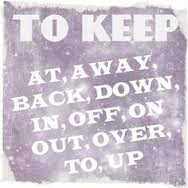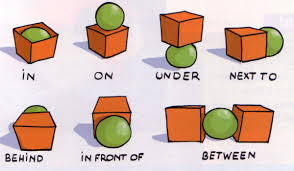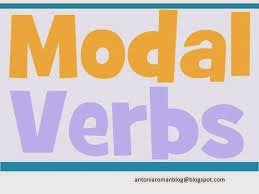Wednesday, January 20, 2016
Sunday, January 17, 2016
Sunday, November 22, 2015
"Get phrases" exercise key
| Get tense | Use in the exercise |
|---|---|
| Get rid of | ... throw away ... |
| Get it | ... understand it... |
| Getting together | ... meeting up... |
| Get around | ... move from one place to another... |
| Get away | ... escape... |
| Get the wrong end of the stick | ... misunderstood... |
| Get on like a house on fire | ... already have a good relationship... |
| Get on your nerves | ... annoys... |
| Get through to him | ... I just can't make him understand... |
| Get her own way | ... do whatever she wants... |
| Get me down | ... depresseses me... |
| Get her own back | ... take revenge... |
| Get the chance | ... had the opportunity... |
| Get the message | ... hear what I'm saying... |
| Get a terrible shock | ... had a terrible surprise... |
| Getting on | ... becoming older... |
| Getting by | ... managing to live... |
| Get out of my/the way | ... move to the side to let me pass... |
Monday, November 16, 2015
GET: Basic structures
GET: Basic structures
Get is one of the most common words in English, and is used in many different ways.
It is used in spoken and informal written English.
Get is one of the most common words in English, and is used in many different ways.
It is used in spoken and informal written English.
|
get + noun / pronoun
|
It usually means “receive”, “obtain”, “catch” or
something similar. The exact meaning depends on the object.
I got a
letter from Lucy this morning.
If I listen to loud music I get a headache.
I didn’t get
the joke. (=understand)
|
|
get + adjective
|
Before and adjective, get usually means “become”.
As you get
old, your memory gets work.
My feet are getting
cold.
|
|
get + preposition
|
Before a preposition, get nearly always refers to a
movement of some kind.
I often get
up at five o’clock.
Would you mind getting
off my foot?
In some idioms the meaning is different:
get to a
place (=arrive at)
get over
something (=recover from)
get on with
sb. (=have a good relationship with)
|
|
get + past participle
|
This structure often has a reflexive meaning, to
talk about things that we “do to ourselves”.
get washed,
get dressed, get lost, get engaged, get married / divorced.
|
|
get + -ing /infinitive
|
get + -ing (=star
…-ing) Very informal. Especially in the expressions: get moving, get going.
We’d better get
moving, it’s late.
get + infinitive
(=manage, have an opportunity, be allowed).
We didn’t get
to see her, she was too busy…
|
|
Causative:
get something done
|
get + object + past participle
It means “cause something to be done by somebody
else”. The past participle has a passive meaning.
I’m going to get
my hair cut this afternoon.
|
|
got and gotten
|
In British
English the past participle of get is got.
In American
English the past participle is gotten.
You have
gotten us in a lot of trouble.
|
Wednesday, November 11, 2015
Sunday, November 08, 2015
Sunday, November 01, 2015
Words for entertaiment
Sunday, October 18, 2015
Monday, October 05, 2015
Wednesday, April 22, 2015
Adjectives, comparatives and superlatives
Adjectives, comparatives and superlatives
- Adjectives in English
- Forming adjectives
- Comparative and superlative sentences
- Comparative exercises
- Exercises
- Key
Sunday, March 15, 2015
Sunday, February 22, 2015
Subscribe to:
Comments (Atom)





















